Monday, 13 May 2024
Menu

The online edition of the journal Nature reports that during another expedition to the famous Antikythera wreck, a team of explorers discovered a human skeleton. The 2,000-year-old remains are so well preserved that they will be studied in detail. It will be a unique and unprecedented situation when the genetic material of a victim of a maritime disaster from ancient times will be subjected to DNA analysis.
Fragments of a 2,000-year-old skeleton lay buried in the sand among pieces of pottery. The reaction of the divers exploring the wreck, which can be seen in the attached video footage, says a lot about the scale and significance of this find. Usually, after such a long time, there is not the slightest chance that any human remains have survived on the wreck. The inhabitants of the deep, together with sea currents, are very effective in cleaning the wreckage of human bones.
The DNA tests that the excavated skeletal fragments will undergo will provide answers to many interesting questions. They will most likely tell us where the sailor they belong to came from, but they will also reveal some information about what life was like in the first century BC.
“This is the most exciting discovery we have made here. We think the remains belong to a person who was trapped below deck and was buried in the bottom very violently. Otherwise the bones would not have survived.” – Brendan Foley of Woods Hole Oceanographic Institution said.
Researchers from the Hellenic Ministry of Culture and Sports and Woods Hole Oceanographic Institution (WHOI) managed to find a human skull with jaw and teeth, as well as arm bones, leg bones, ribs and many other fragments. As the divers themselves pointed out, the excavated human remains are not all that have been discovered. Some of them still rest in their place.
The remains of the ancient sailor, who was named Pamphilos (which translates as ‘friend of all’), will be immediately examined in a laboratory as soon as all the necessary permits have been obtained.
The legendary wreck took its name from the nearby island of Antikythera. It was discovered by sponge fishermen in 1900. It is the first wreck in history examined by archaeologists. It gained its fame thanks to an unusual mechanism, the discovery of which turned the world of science upside down. The device called the “mechanism of Antikythera” allowed ancient sailors to track and predict the movements of the sun, moon and known planets, among others.
Source: nature.com


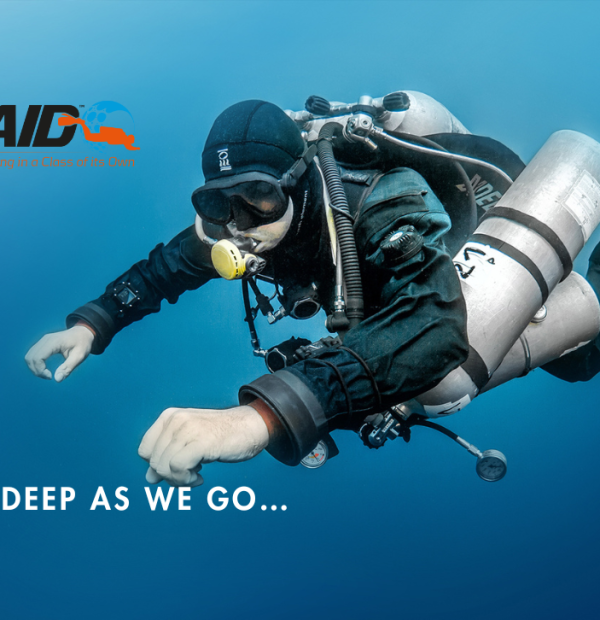


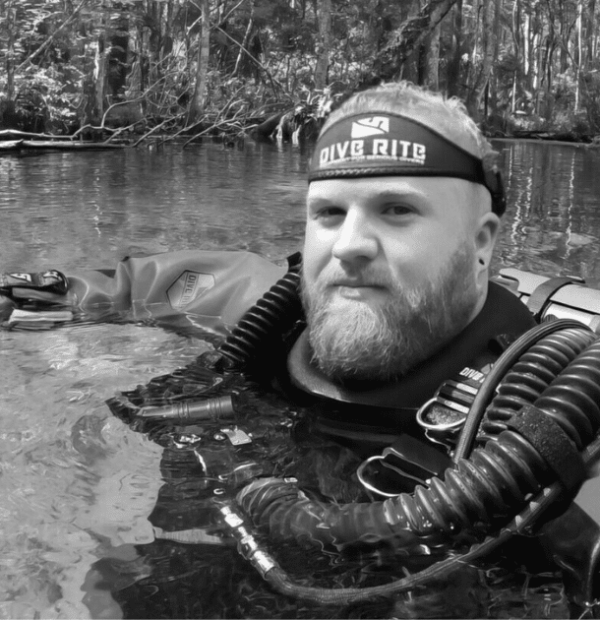
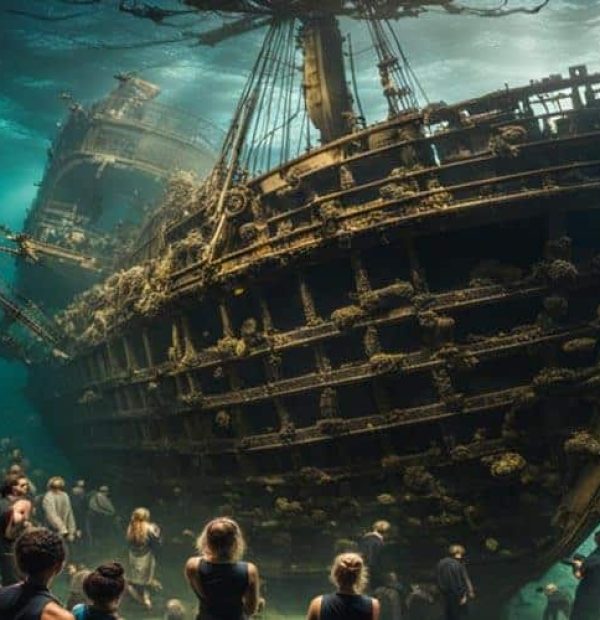
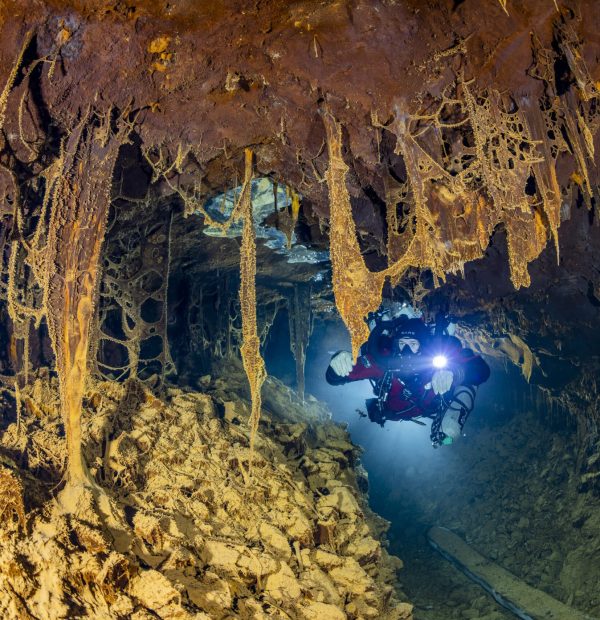
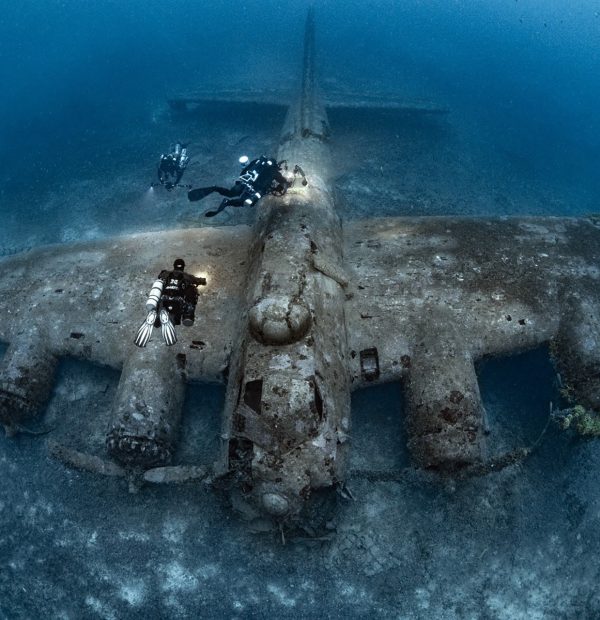

Welcome to DIVERS24.COM, your daily source of scuba news, freediving, scuba diving information, and equipment reviews. Our comprehensive coverage of the dive industry from A to Z provides you with all the latest scuba news, training updates, underwater photography tips, and everything else related to scuba diving. Whether you’re a beginner or an experienced diver looking for more knowledge about scuba gear or techniques – we’ve got it covered! With our in-depth articles written by experienced divers who have been there and done that, you are sure to find exactly what you need here at Divers24.com. Dive into scuba news today!
Underwater Media Sp. z o.o.
Szafarnia 11/F8,
80-755 Gdansk, Poland
Welcome to DIVERS24.COM, your daily source of scuba news, freediving, and scuba diving information. Sign in for a weekly news update and discount coupons for dive gear and apparel.
@2023 - underwatermedia.pl. All Right Reserved. Designed and Developed by Tworzenie stron internetowych Gdansk

The Divers24 portal is currently the largest online medium treating diving in Poland. Since 2010 we have been providing interesting and important information from Poland and around the world on all forms of diving and related activities.
Contact us: info@divers24.com